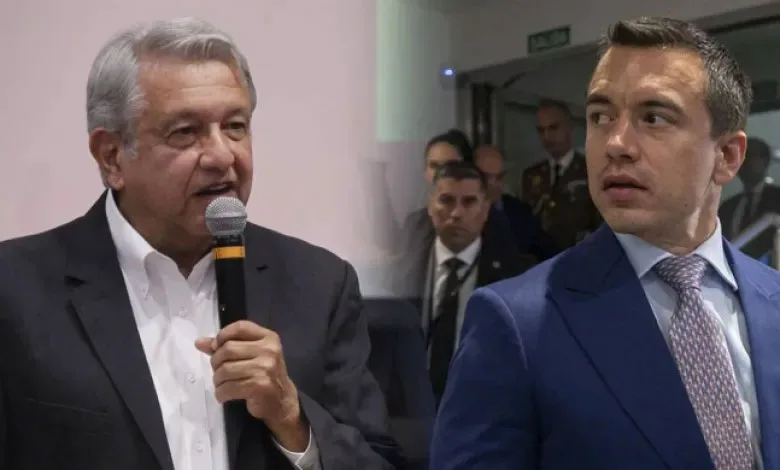The concept of free speech is under attack
By Jeffrey McCall
The principle of free expression succinctly packaged into the First Amendment reflects the decent and honorable notion that people should be able to think independently and express those thoughts in the public square. The free expression concept recognizes the  basic human dignity that comes when people are able to speak, write, worship and gather as they choose. Smart and visionary people pondered for a long time to theorize and conceptualize these protected liberties for Americans.
basic human dignity that comes when people are able to speak, write, worship and gather as they choose. Smart and visionary people pondered for a long time to theorize and conceptualize these protected liberties for Americans.
Recent developments in the United States now illustrate that some Americans don’t understand this noble principle of free expression, and worse yet, don’t support it.
The principle has been bastardized such that some people apparently believe freedom to speak and gather is allowed only for ideas or causes for which they already agree. This trending urge to cancel messages, shut people up, and allow only certain ideas and expressions is not just inconvenient for the nation, but dangerous for its continued workability.
Free expression is essential for a self-governing democracy, of course, but it is also requisite for the functioning of a geographically and culturally diverse culture. A free expression society can work only with a functional interdependence in which all parties recognize such dignity-providing liberties. This means allowing or at least putting up with others’ expressions in exchange for the opportunity to express oneself.

In recent years, more Americans appear willing to put a gag order on free speech.
America’s commitment to human dignity has served the nation well over the long haul. There have been many bumps in the road and messy implementation of the free expression principle throughout America’s history. Respected presidents such as Adams, Jefferson, Lincoln, Wilson and FDR all sought to squelch free expression at times, but the nation ultimately maintained its commitment, that maintenance surely contributing to the nation’s longevity, strength and stability.
Events of recent weeks demonstrate how quickly this principle disintegrates when passions run high and chaos destroys civil discourse. People with contrary perspectives are quickly labeled as unworthy and dehumanized. Debate is replaced with shutting people up. Discussion disappears when raw power levers are used to intimidate, shout down, and demean.
Messages, which are protected by the First Amendment, are replaced with behaviors, which are not protected expressions. Stopping traffic and vandalism are not expressive outlets, but disruptive actions that debase efforts to rhetorically address society’s disagreements.
A common exhortation in the media today is for the nation to have more conversations about the matters that divide. But shout fests of demands, riotous behavior and social media mobs don’t make for dialogue. In reality, too many Americans don’t seek conversations, but rather insist on compliance.
Interestingly, the Constitution can’t protect the overall citizenry from community censorship or forced communications demanded by power-hungry interest groups. The First Amendment only protects citizens from government interference with the principle of free expression. There are no government remedies to keep big city mayors from being shouted off the stage or newspaper editors from being canned in response to social media outrage. The government didn’t pull police shows off television or make Lego pull advertising of its police-related toys. Then there are social media giants who got rich creating public forums, but now presumptuously think they can arbitrarily stifle certain voices and solely decide what constitutes misinformation. Cultural restrictions on free expression will have to be challenged and fixed by the society at large. That will take a collective recommitment to the fundamental purpose of free expression.
Philosopher Kenneth Burke wrote that the crushing political oppressions in twentieth century Europe emerged because the people were given only a choice between conformity or silence. The efforts in America today to cancel dissent and stifle opposing viewpoints won’t help solve the nation’s ills, but will make the challenges more daunting for lack of independent perspectives.
The nation’s media industry, a huge beneficiary of free expression principles, has been a hindrance to understanding in these trying times. News coverage focused on emotion and slogans, but with insufficient depth and nuance, has overwhelmed the rhetoric of reason. Blaring and superficial headlines and sensational video get in the way of rational discourse.
The healing the nation desperately needs can only happen with a renewed commitment to free expression principles rooted in human dignity. A nation doesn’t function when conformity of thought reigns. Suppression of speech or forced communication doesn’t create fairness or justice. They are just oppressive power mechanisms that make unity more difficult to achieve.
___________________
Jeffrey McCall is a media critic and professor of communication at DePauw University. He has worked as a radio news director, a newspaper reporter and as a political media consultant.
















